C Justice for the Mangun victims is needed to break the cycle of impunity, argues ABDULLAHI KUDUN
The brutal killing of 12 Kaduna indigenes in Mangun District, Mangu Local Government Area of Plateau State, on their way to a wedding ceremony in Quan Pan, continues to stand as a stark reminder of the fragile nature of peace and security in Nigeria’s volatile geo-political zones. Governor Uba Sani’s swift response, including his condemnation of the attack as “barbaric” and his announcement of the arrest of 22 suspects during his visit to the surviving victims at the 44 Nigerian Army Reference Hospital in Kaduna, signal his commitment to justice. Yet, the pursuit of justice in this tragedy, referred to as the “Mangun 12,” demands more than arrests—it requires relentless, transparent, and expedited efforts to ensure accountability, restore public trust, and prevent further cycles of violence. The lives lost must not be in vain. Thus, intensifying efforts to deliver justice is not only a moral imperative but a critical step toward regional stability and national cohesion. There is absolute need to ensure justice is not only served but visibly so.
As a reminder, the Mangun attack occurred when a group of 31 travelers from the Basawa community in Zaria, Kaduna State, traveling in an 18-seater Ahmadu Bello University bus, lost their way in the volatile Mangun District and stopped to ask for directions. A mob ambushed them, killing 13 (including one who later succumbed to injuries) and injuring 11 others. The victims, were innocent civilians caught in a region plagued by ethnic and religious tensions. This incident is not isolated but part of a recurring pattern of communal violence in Nigeria’s Middle Belt, where disputes over land, resources, and identity have fueled deadly clashes between groups like the Hausa-Fulani Muslims and predominantly Christian ethnic communities.
Governor Uba Sani’s immediate response, condemning the attack as an “act of savagery” and demanding the prosecution of perpetrators, reflects the urgency of addressing such violence. His visit to the survivors and his coordination with Plateau State Governor Caleb Mutfwang and President Bola Tinubu underscore a high-level commitment to justice. The arrest of 22 suspects, as confirmed by the Plateau State Police Command, marks a critical first step. However, arrests alone are insufficient without swift, transparent, and conclusive judicial processes. The history of communal violence in Plateau where perpetrators often evade justice, heightens the need for intensified efforts to ensure accountability.
The Mangun 12 tragedy is a microcosm of Nigeria’s broader struggle with impunity. Human Rights Watch has documented how failures to investigate and prosecute perpetrators of communal violence in Plateau and other states have emboldened criminal elements and erode public confidence in governance and justice system. The House of Representatives, in condemning the Mangun attack, noted that the “continued failure to arrest and prosecute perpetrators of such heinous crimes” undermines trust in the government’s ability to provide security.
Without decisive action, the Mangun 12 could become another statistic in a long list of unresolved cases, fueling retaliatory violence and perpetuating a cycle of bloodshed. Efforts must be intensified to prosecute the 22 suspects and others involved in the dastardly and irrational act. This will send a clear message to all violent and savage characters that impunity will not be tolerated, as Governor Uba Sani has emphasized.
Public trust in Nigeria’s institutions is at a critical low due to years of unaddressed grievances and perceived biases in handling communal conflicts. The Mangun attack, targeting Kaduna indigenes in Plateau, risks escalating tensions between communities in both states. Governor Sani’s timely appeal for calm among Kaduna residents and his engagement with Plateau’s leadership demonstrate an effort to prevent retaliation. However, trust can only be sustained if justice is visibly served. The House of Representatives has called for enhanced inter-state security coordination and a special investigation into the recurring killings along this route, highlighting the need for transparency and accountability. A thorough, public judicial process, coupled with regular updates on the case, will reassure citizens that the government prioritizes their safety and justice.
The Middle Belt, particularly Plateau State, has become a dangerous flashpoint for ethnic and religious conflicts, where historical grievances between Hausa-Fulani Muslims and Christian “indigenes” drive violence. The Mangun attack risks inflaming these tensions, potentially destabilizing the region further. Governor Sani’s “Kaduna Peace Model,” which has reduced insecurity in areas like Birnin Gwari, offers a blueprint for conflict transformation through political will and inclusive dialogue. Applying similar principles to the Mangun case—through swift justice and community engagement—can prevent escalation and promote reconciliation. The Plateau Development Association’s condemnation of the attack and praise for Governor Mutfwang’s prompt response indicate a shared desire for peace, which must be underpinned by justice and accountability.
The Mangun 12 were ordinary citizens whose lives were cut short in a most senseless act of violence. Uba Sani’s pledge to cover medical and psychosocial support for survivors and his commitment to easing the burden on bereaved families reflect a human-centered approach. However, true justice extends beyond material support. It extends essentially to ensuring that the perpetrators face the consequences and repercussions of their thoughtless and provocative inhuman actions.
The burial of the 13 victims amidst tight security, as reported by the media, underscores the emotional toll on the Basawa community and the Zazzau Emirate.
Therefore, intensifying efforts to prosecute the culprits honors the memory of the deceased and provides closure to their families; ensuring their deaths are not in vain.
And, to ensure justice is served and seen to be done, the following measures must be prioritized: First, the arrest of the 22 suspects must be seen as just a starting point. This must be followed immediately by a comprehensive and in-depth investigation which must be thorough and swift. The Plateau State Police Command and other security agencies should employ forensic analysis and witnesses interviewed to build a robust case, as recommended by Human Rights Watch for mass crimes.
Second, regular public updates on the investigation’s progress will maintain transparency and counter misinformation that could fuel tensions and conspiracy theories.
Third, the prosecution of the suspects must adhere to international fair trial standards. Establishing the attack as a federal crime, as suggested by Human Rights Watch, could enable the Federal High Court to handle the case, ensuring impartiality.Fourth, organizing public hearings, as advocated by the House of Representatives, will demonstrate the government’s commitment to justice and accountability.
More important, Governors Sani and Mutfwang must continue their collaboration, as evidenced by their post-attack communications. Engaging community leaders, as urged by the Plateau Development Association, can foster dialogue and prevent retaliatory violence. The House’s proposed Special Security Conference, involving stakeholders like traditional rulers and civil society organisations, offers a platform for sustainable solutions.
The Mangun attack reflects deeper issues of ethnic and religious divisions, exacerbated by policies favoring “indigenes” over “non-indigenes.” Long-term justice requires addressing these structural inequalities through inclusive policies and dialogue, as seen in the Kafanchan Peace Declaration in Southern Kaduna.
Above all, beyond medical care, survivors and families need psychosocial support and economic assistance. Governor Uba Sani and Governor Mutfwang’s commitment to covering treatment costs and dispatching a delegation to Kaduna by Governor Mutfwang is a positive step. Also, reconciliation efforts, supported by religious leaders like the Jama’atu Nasril Islam, can promote interfaith harmony and such steps should be pursued as efforts at securing justice for the dead move apace.
The Mangun 12 tragedy is a clarion call on Nigeria to confront its challenges bordering on communal violence head-on. Governor Sani’s leadership, from condemning the attack to ensuring arrests and supporting survivors, sets a strong foundation. However, justice for the Mangun 12 requires intensified efforts to break the cycle of impunity, restore public trust, prevent regional instability, and honor the victims. By pursuing transparent investigations, fair prosecutions, inter-state collaboration, and addressing root causes, Nigeria can ensure that the lives lost do not become another forgotten chapter in its history of violence. There is absolute need for justice now, lest they die in vain. Let’s repeat that for emphasis: the Mangun 12 demand that justice be not only served but visibly so, and so pave the way for a more peaceful and united nation.
Kudun, a public affairs commentator and social critic, writes from Abuja






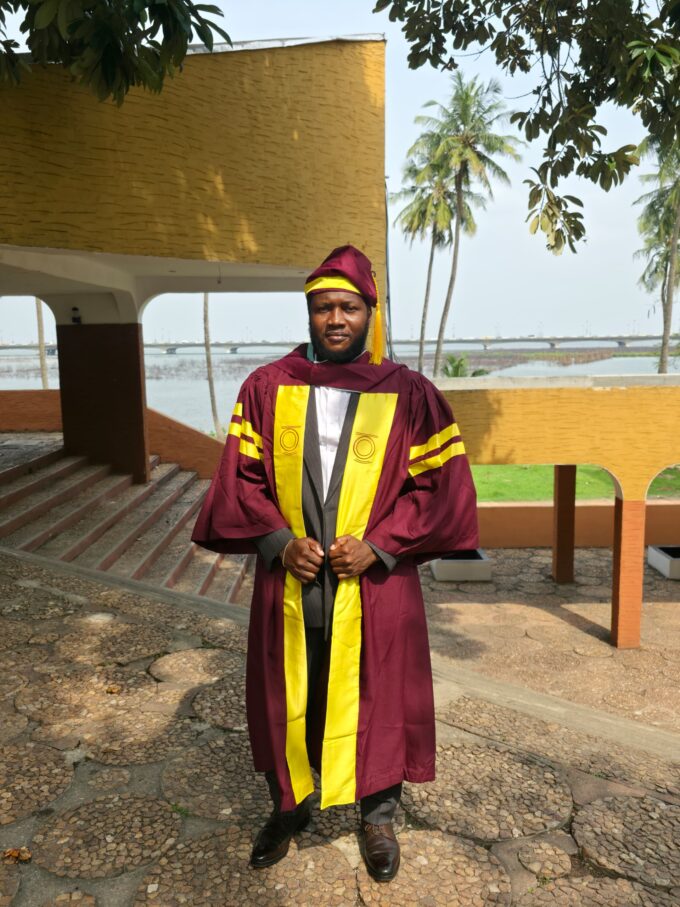


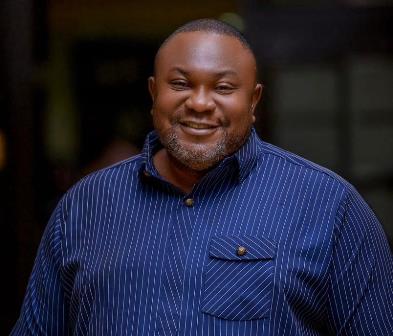
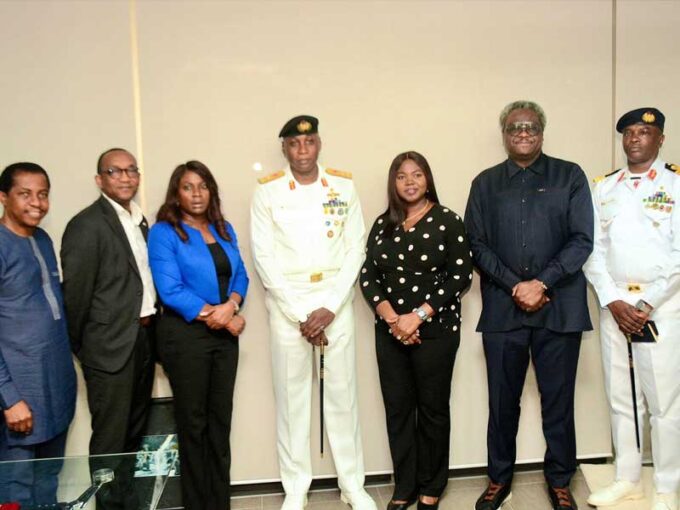
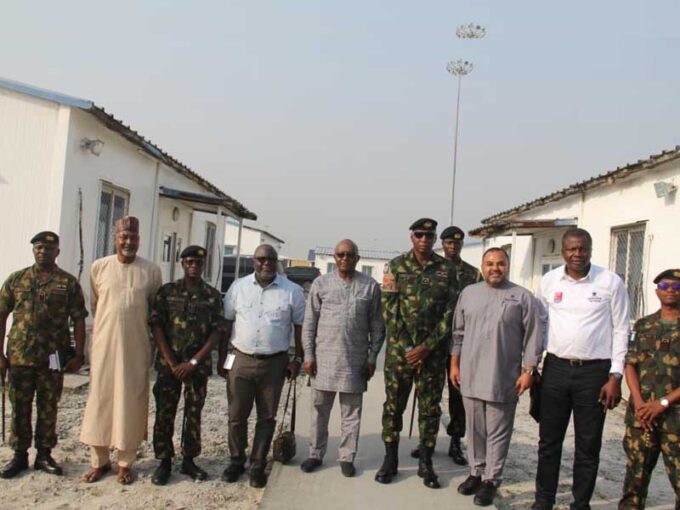



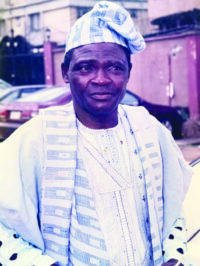


Leave a comment